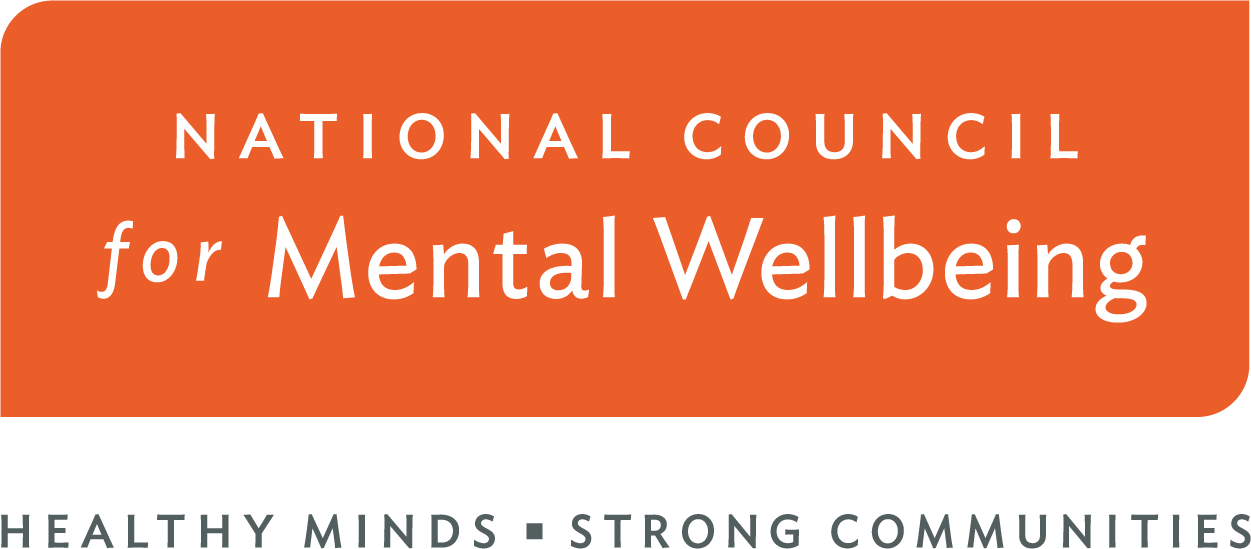Since 1999, the United States has seen a two-fold increase in drug overdose deaths, much of it driven by a rise in prescription and illicit opioid use. Communities from across the nation have mobilized to respond to this crisis but progress has been inconsistent as people with substance use disorders often struggle to navigate a fractured and disjointed system that often fails to provide services tailored to their individual needs.
To improve substance use disorder services and supports and create a more unified and cohesive system of behavioral health care, gaps between services must be eliminated and service provision must be responsive to a client’s unique needs and experiences of trauma, which can have lasting impacts. One model that assists counties in taking this on is trauma-informed, recovery-oriented systems of care (TI-ROSC), which combines two evidence-based frameworks with overlapping shared values and principles that can lead to improved health and wellness for individuals with substance use disorders (SUDs).
Starting in 2018, with support from National Council expert consultants Linda Henderson-Smith, PhD, LPC, and Aaron M. Williams, MA, Dearborn and Wayne counties in Indiana began the process of building “a coordinated network of community-based services that is person-centered and builds on the strengths and resiliencies of individuals, families and communities, that also recognizes the widespread impact of trauma, understands trauma’s connection to addiction and understands potential paths for recovery,” which is more easily referred to as a TI-ROSC. The initiative expanded in 2019 to include 12 more counties.
After training a diverse group of community members and key stakeholders within each of the counties on the connections between trauma and substance use disorder, the counties mapped out their current behavioral health system, identified the barriers to comprehensive services and created their vision for their own TI-ROSC.
Each of these counties followed an eight-step process to bring their respective local communities together:
- Create a county change team.
- Increase urgency and buy-in through community education.
- Develop a shared vision for a trauma-informed recovery-oriented system.
- Conduct a community assessment.
- Develop a future system.
- Identify short- and long-term goals to measure success.
- Develop an action plan.
- Implementation and sustainability.
The counties identified goals that were specific to their context using the TI-ROSC model. Some sought to confront stigma in the communities, while others focused on creating more housing opportunities for clients. One placed a peer support specialist in their emergency department and another sought to combine grant funding to fund a partnership between service providers.
Since 2018, Dearborn County, one of our original pilot sites, has mobilized community stakeholders in a number of activities including enhanced screening for substance use disorders in primary care and schools, development of four recovery residences and the creation of a youth support group using this model. They have even seen significant increases in the community’s knowledge and understanding of trauma and recovery as well as reductions in stigma.
As communities continue to look for ways to enhance their substance use disorder services, the TI-ROSC model may provide a useful framework for improving service delivery and care.
To learn more about this model and how your county can implement it, please contact Sarah Flinspach at SarahF@TheNationalCouncil.org.
Author
Guest Author
Project Manager, Trauma Practice Area
